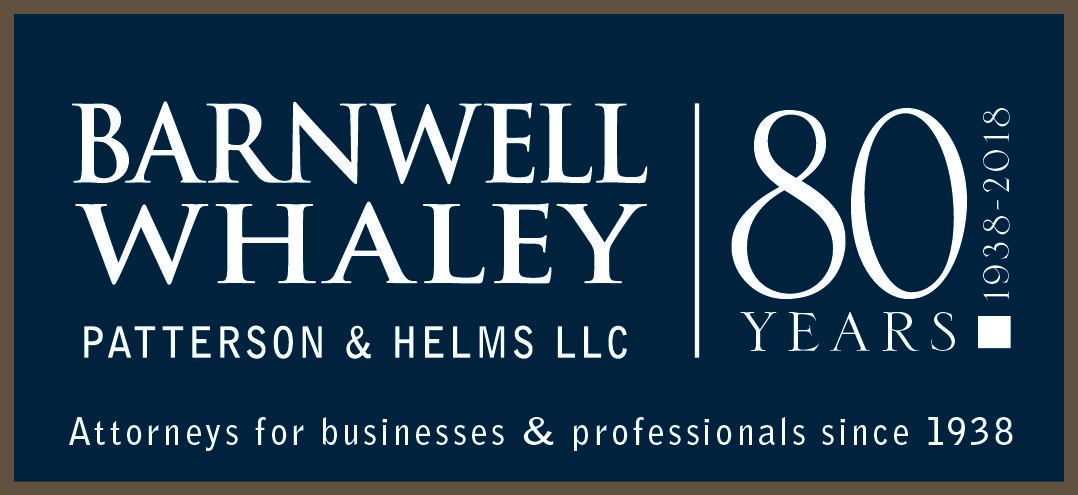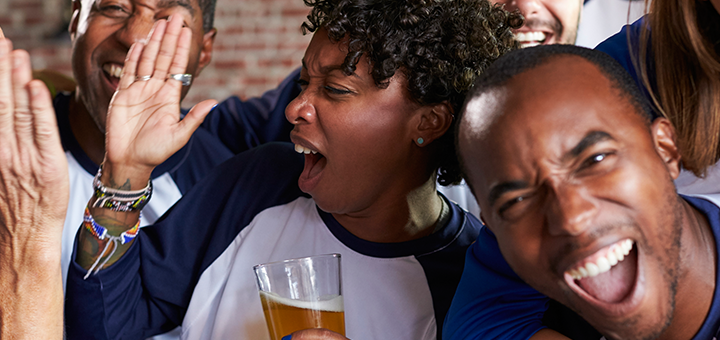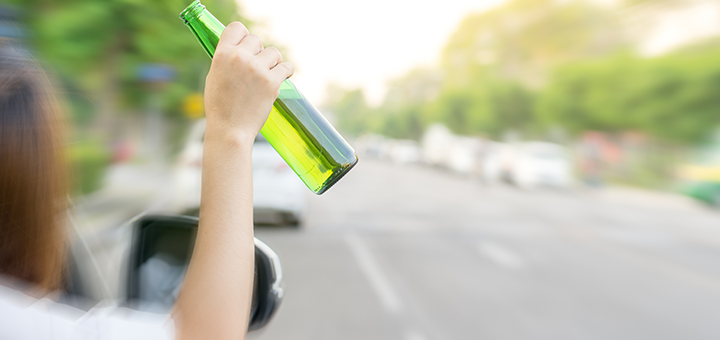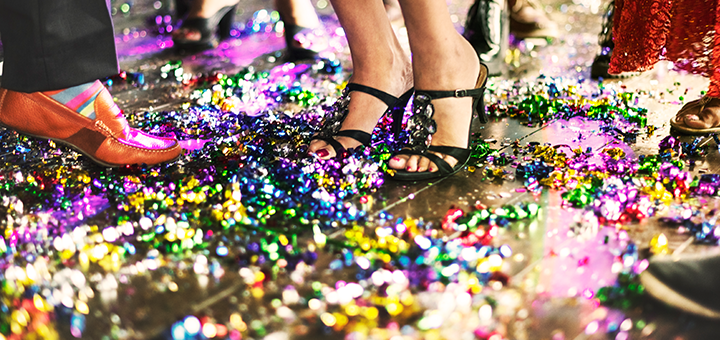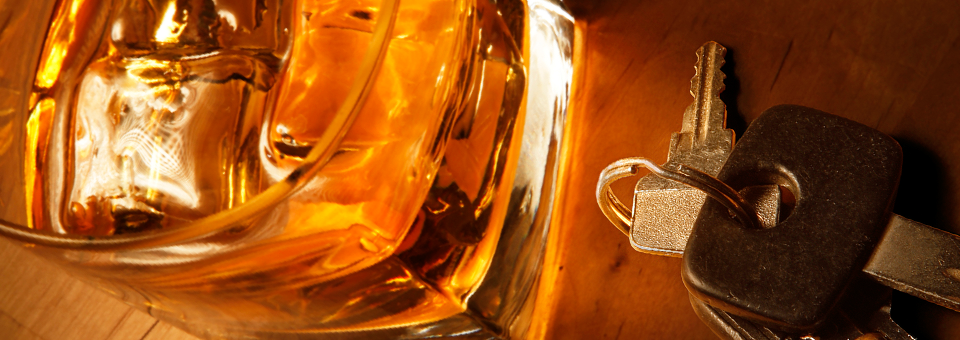
Nothing says vacation like a Jimmy Buffett song, and many of his best conjure up images of an idyllic setting – sitting by the water, enjoying a warm ocean breeze, holding a cold drink and watching the sunset.
This scene is not just for fictional, far away islands, though. It is something that tourists and locals alike enjoy almost year-round in the coastal Carolinas, and many business owners in the hospitality industry derive a substantial amount of their income from the sale of alcoholic beverages.
But what happens when the song ends badly? What if the bar patron has a few too many margaritas and makes an ill-fated decision to drive home, injuring another person en route? Or if the person drinking a beer while watching the sunset is under 21, and bought that beer using a fake ID?
More and more lawsuits in North and South Carolina claim there is a bar owner to blame, and the consequences can be both tragic and expensive.
Some people claim that there’s a bar owner to blame.
It is illegal in both Carolinas for a commercial alcohol vendor to sell or give alcohol to a person under 21 years of age. Similarly, both states prohibit the sale of alcoholic beverages to an intoxicated person. The statutes in each state create a duty on the part of a commercial alcohol vendor, and a violation of these statutes, either by selling alcohol to an underage person or to someone already intoxicated (or even, in some instances, both) is a breach of this duty.
If a plaintiff can show she was injured as a result of an underaged or intoxicated person’s alcohol consumption in violation of the statutes, the commercial alcohol vendor can then be liable for her injuries. These can include medical bills, wage loss, loss of future earning capacity, scarring, disfigurement and property damage. It can even result in monetary damages to a person’s estate pursuant to each state’s wrongful death statutes if a third party is killed by the underage or intoxicated person. Clearly, these damages can be significant.
Despite many basic similarities, the “dram shop” laws in each state are somewhat different. Regardless of where in the Carolinas the bar or restaurant operates, though, there are some basic steps bar and restaurant owners can follow to limit or defend against such claims.
Generally speaking, it is important for a business owner to make sure bartenders and wait staff are familiar with the law pertaining to age-related sales, such as not selling to anyone under the age of 21 and understanding what constitutes acceptable forms of identification.
Similarly, servers should learn to recognize the signs and symptoms of an intoxicated patron. Red or glassy eyes, slurred words/speech, impairment of fine or gross motor function and inappropriate behavior can all be outward signals of intoxication. Most experienced bartenders know to be on the lookout for such overt signs, but less experienced servers may not know about or recognize these telltale signs, which can often be subtle.
Understanding the law related to prohibited alcohol sales is key to sales compliance and hopefully limiting any liability exposure for potential “dram shop” claims.
Our next article will focus on the law specific to the North Carolina hospitality industry as it relates to underage alcohol sales.

Christopher M Hinnant is a trial lawyer and member of Barnwell Whaley Patterson & Helms PLLC’s Wilmington, NC office. Hinnant is licensed in both North and South Carolina, and concentrates his practice in civil litigation, including dram shop liability, premises liability and restaurant and hospitality law. He has handled cases in Virginia, North Carolina and South Carolina. A significant portion of his cases involves catastrophic injury and wrongful death. Hinnant also has significant experience with medical malpractice matters, complex commercial litigation and construction matters. To contact Hinnant, call (910) 679-4329 or email him at chinnant@barnwell-whaley.com.
This article originally appeared in the Wilmington Business Journal.
